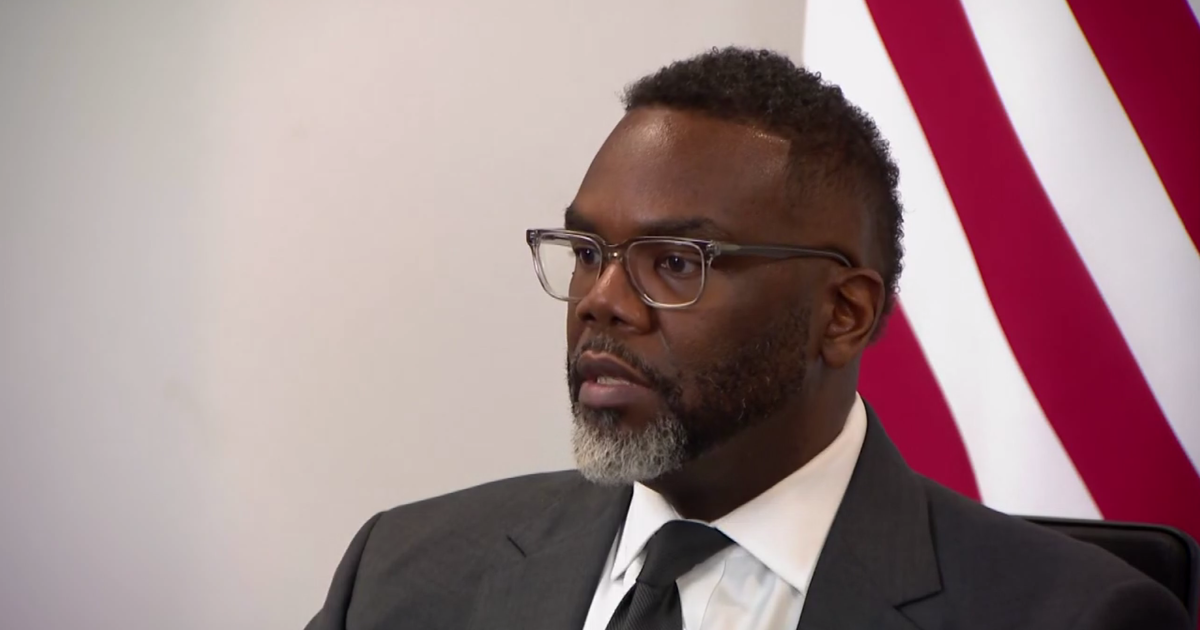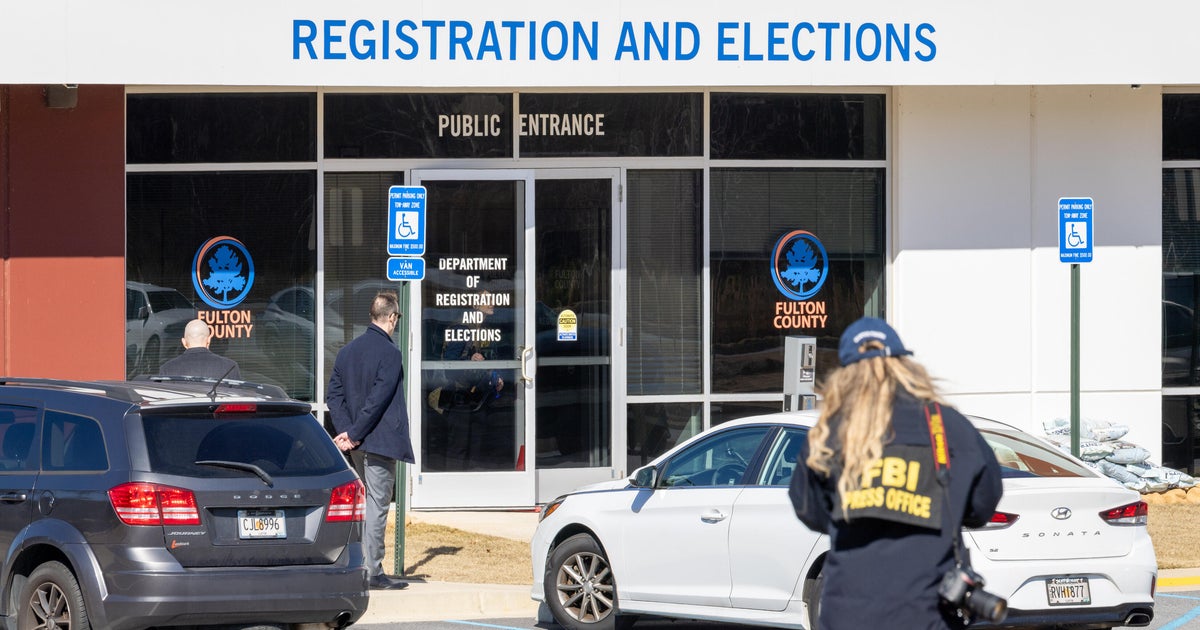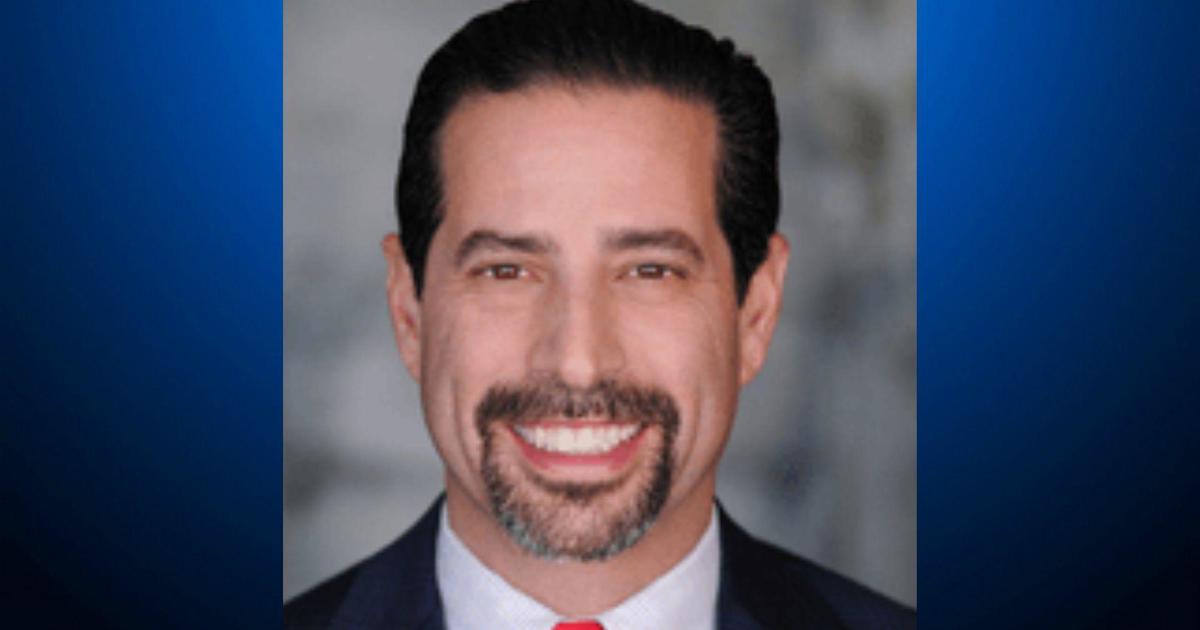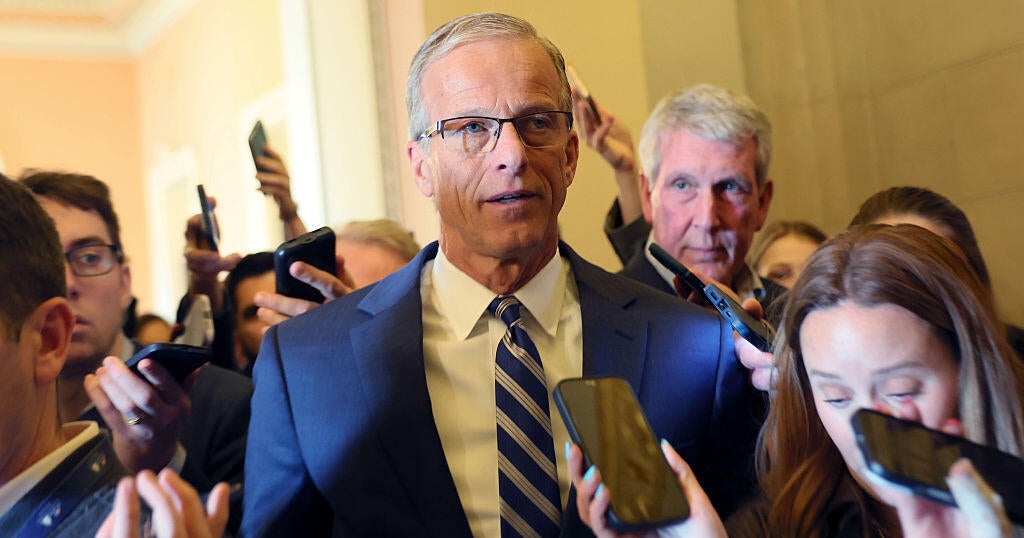Apparent failure of Bring Chicago Home tax referendum may slow Mayor Johnson's agenda, critics say
CHICAGO (CBS) -- Critics of the Bring Chicago Home ballot referendum said Chicago's business community was "breathing a sigh of relief" Wednesday – a day after the referendum apparently failed at the polls.
While votes were still being counted late Wednesday, it appears the effort to raise the transfer tax on million-dollar homes to fight homelessness was defeated. The latest update shows 54% of Chicago voters cast their ballots against the proposal.
The Bring Chicago Home referendum was a marquee initiative of Mayor Brandon Johnson and his progressive allies on the City Council in an effort to raise more money to fight homelessness.
"This is not the result that we wanted," said Ald. Carlos Ramirez-Rosa (35th). "It is devastating."
The measure asked voters to authorize the City Council to increase the real estate transfer tax on the sales of properties for $1 million or more in Chicago, while lowering the tax rate for less expensive properties:
- The transfer tax for properties valued at less than $1 million would drop from 0.75% to 0.60%.
- Properties sold for between $1 million and $1.5 million would pay a 2% transfer tax, nearly triple the current rate.
- Properties sold for $1.5 million or more would pay a 3% transfer tax, four times the current rate.
Bring Chicago Home's backers originally tried to convince the Illinois General Assembly to pass the tax plan, but with no action from state lawmakers, their only other option was to seek a voter referendum in Chicago.
In November, the City Council voted 32-17 to put the binding referendum on Tuesday's ballot.
Critics said voters rejected the referendum because it was too thin on details of where the money would go, and too heavy when it came to the taxes it would take – impacting far more than Chicago's millionaires.
There is also a bigger question looming – is this the first signal that voters are beginning to reverse course against the progressive wave of Democratic politics in Chicago that swept Mayor Johnson into office last year.
The question is what is next? The effort cannot come back to the ballot in November – as city rules require a cooling-off period before it can be put before voters again.
Ald. Brendan Reilly (42nd), who opposed the plan, said this vote cuts the brakes on the mayor's progressive approach – which Reilly said would have put the city on a really bad path economically. Reilly said the city already spends $200 million a year on homelessness, and this may be a moment in time to reevaluate how that money is being spent.
"It's certainly a pump to the brakes on the mayor's agenda," Reilly said. "It's been aggressive against the business community here, and some say we have a hostile business environment in Chicago as a result."
Mayor Johnson, a former teacher, said many Chicagoans did not understand the assignment.
"No one said it's going to be easy. The fact of the matter is in this moment, you have very low turnout," Mayor Johnson said Wednesday. "The progressive agenda is not limited to one issue...this is the unique thing about running an entire city of Chicago - you get to address everything."
Johnson said the rules on campaigning for the referendum limited his ability to push back on opponents who used the mayor as a reason to vote no.
"I wanted to campaign more. I wanted to be out there. You all know, I'm a gamer. Heck yeah, I wanted to be out there. That sucked," said Mayor Johnson. "When you're a gamer, and you knock down shots, and you can't be out on the court?"
The failure also now puts new focus on the mayor's ask of the City Council to approve a $1.25 billion bond measure for "equitable neighborhood development."
As for Bring Chicago Home, supporters will look at if and when they might want to mount another campaign. For his part, Ald. Reilly says the city needs to get safety and migrants under control before taking a swing this big on homelessness again.








